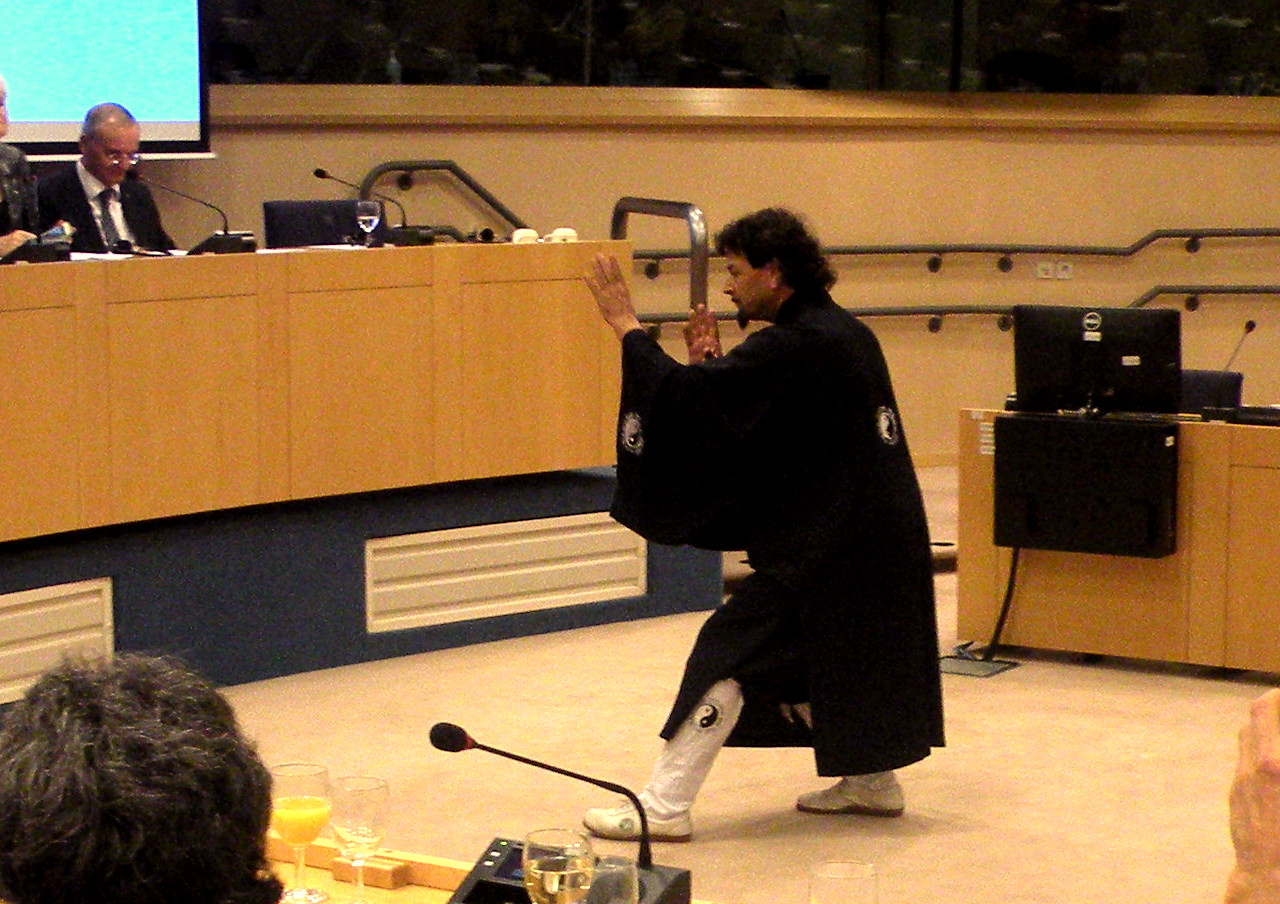On the occasion of the UN Day on the rights of older persons, Vice-Presidents of the European Parliament Intergroup on Active ageing, solidarity between generations and family issues, underline the need for the EU to launch long-awaited actions to protect the growing number of older persons from age discrimination.
“Today, we mark the 25th anniversary of the International Day of Older Persons (IDOP). What would I wish our seniors? I wish for our seniors to live in a Europe free of prejudice and stereotypes. We have to work to remove discriminatory measures from all walks of life. This also means educating different generations in our societies to cooperate”, called MEP Eduard Kukan, Vice-President of the Intergroup and rapporteur European Parliament’s assessment of the European Year 2012 on active ageing and intergenerational solidarity.
According to MEP Alojz Peterle, Vice-President of the Intergroup, “on the International Day of Older Persons we mark the contributions of seniors to our society, but it is also a time to examine issues that affect their lives”. “We must ensure that older persons have the right to live their lives with dignity and the right to pursue independent living where possible and to access to adequate and sustainable pensions”, said MEP Marian Harkin, Vice-President of the Intergroup.
Older citizens in the EU are indeed facing increasing challenges to enjoy their human rights. The new study by the International Labour Organisation (ILO) “LTC protection for older persons: A review of coverage deficits in 46 countries” highlights a serious lack of social protection - including in many EU countries - for older persons in need of long-term care, resulting in age and gender discrimination and a high risk of poverty, social exclusion and abuse in old age.
The EU has therefore the duty to use the existing instruments, such as the EU Charter of Fundamental Rights and the UN Convention on the Rights of Persons with Disabilities (UNCRPD), and to take an ambitious stand at the UN Open-Ended Working Group on Ageing, in order to protect its senior citizens from discrimination and help them lead independent and dignified lives, as described in the EP report on the situation of fundamental rights in EU 2013 - 2014.
“To strengthen the rights of older persons, two important aspects need to be implemented: full political codetermination of representatives of the older generation on all decisive levels and the priority for prevention in our health systems, which means health promotion before “reparation“, underlined MEP Heinz K. Becker, Vice-President of the Intergroup.
Moreover, MEPs stressed the importance of investing in innovative solutions and strengthening solidarity between generations, as the way to build inclusive and cohesive societies “where older people can play an important role, for example by improving the quality of life in the Community by volunteering or volunteering alongside younger people passing on skills & expertise while also learning”, Marian Harkin added.
Lambert van Nistelrooij, Coordinator and Vice-President of the Intergroup Active Ageing also underlined “the role that innovative technology plays in contributing to the creation of more age-inclusive environments. We have to close the digital divide. In the ageing society there are opportunities for “design for all” products and services for all ages. There is also a role for public authorities, the cities and regions to foster the full rights of older persons”.
The Vice-Presidents of the Intergroup in charge of active ageing therefore welcome the recent adoption of the EP report on the implementation of the European Year 2012 on Active ageing and solidarity between Generations, and commit to work on strengthening older people’s rights in EU actions, the delivery of an ambitious and inclusive Silver Economy strategy, the support to the upcoming Covenant on demographic change, and the promotion of good practices in the field of intergenerational solidarity.
“I also wish our seniors to live their lives to the full extend, in an environment conducive to their needs. Our older generation, with their life experience, is an important added value to the European society. And it should be treated as such“, Eduard Kukan concluded.
